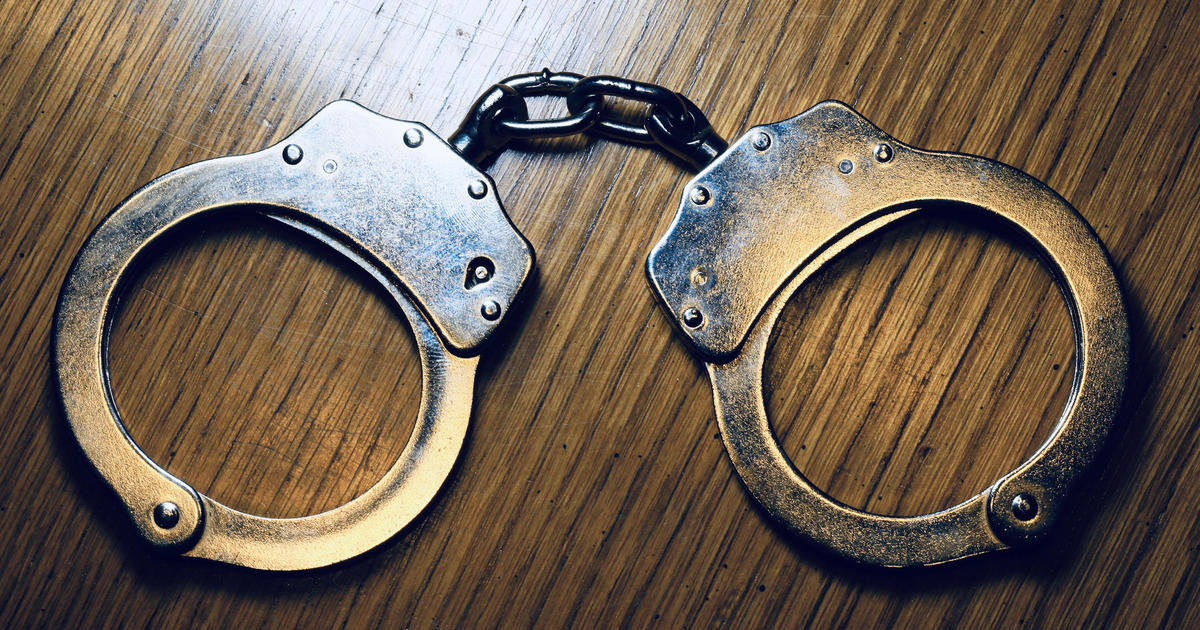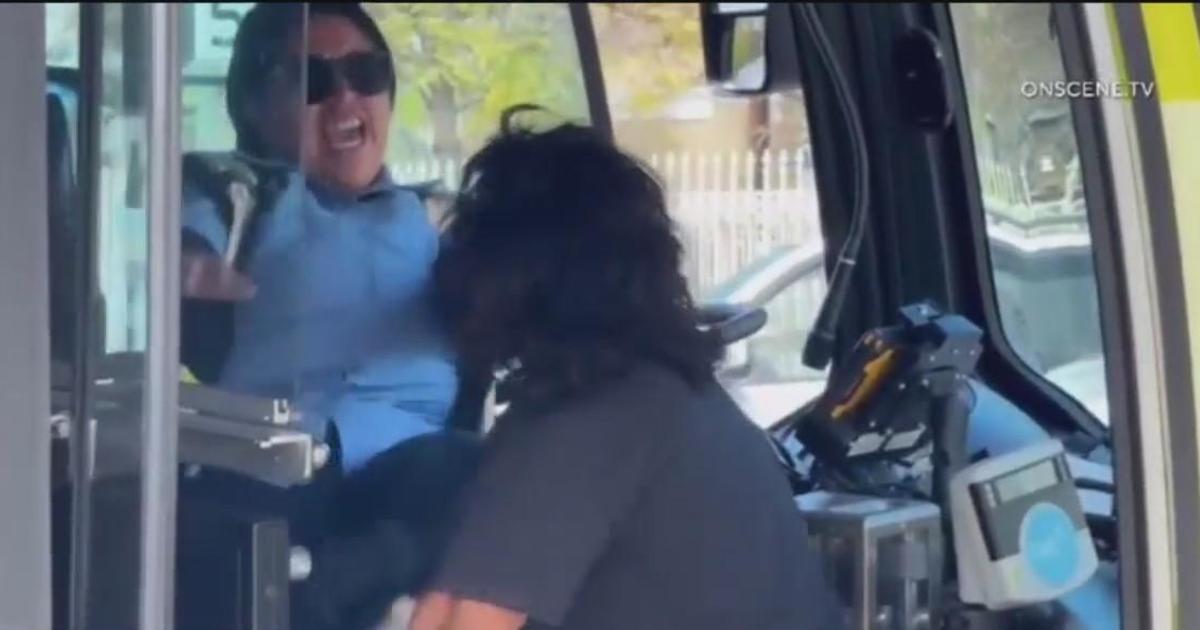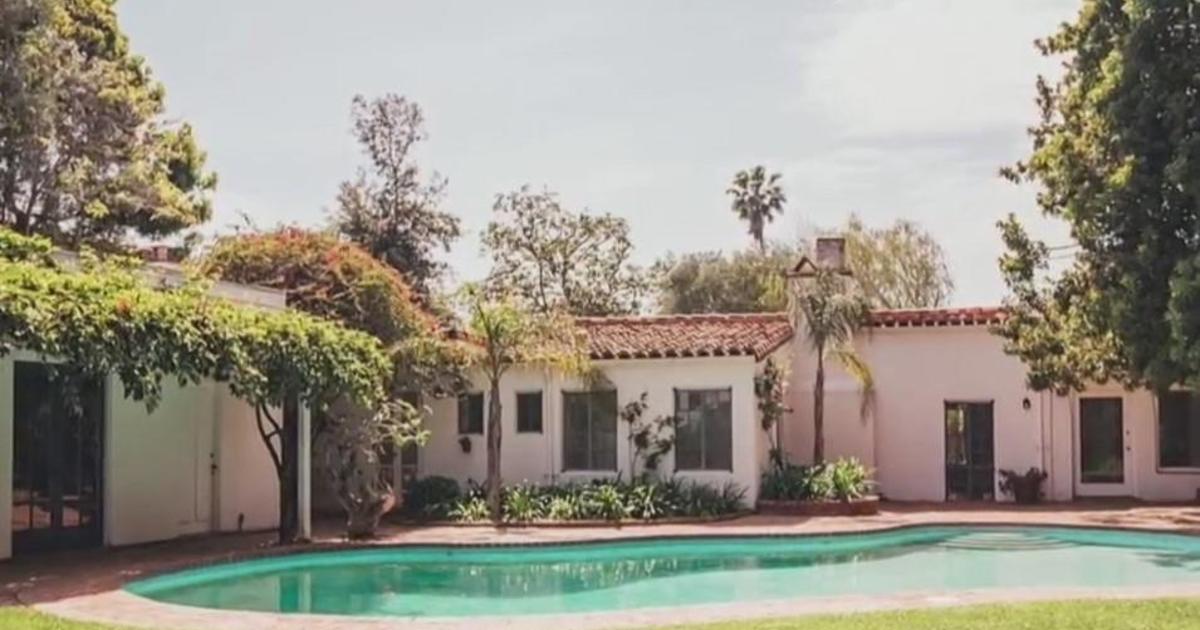Large Portion Of Metro Green Line To Close For 2 Weeks
LOS ANGELES (CBSLA) – Metro Green Line service will be partially suspended for two weeks in the South Bay beginning Friday as part of the project to build a new light rail line between the Crenshaw District and Los Angeles International Airport.
The L.A. County Metropolitan Transportation Authority announced Wednesday that Green Line service between the Crenshaw and Redondo Beach stations will be suspended from Friday, Jan. 4, through Sunday, Jan. 20.
The following six stations will have no rail line service during this time: Hawthorne/Lennox, Aviation/LAX, Mariposa, El Segundo, Douglas and Redondo Beach. Shuttle buses will run between those stations.
Regular Green Line service will continue between the Crenshaw and Norwalk stations.
The 8.5-mile Crenshaw/LAX Line, set to open in mid-2020, will connect the South Bay's Green Line and Westside's Expo Line with eight new stations in Crenshaw, Inglewood, Westchester and near LAX.
The $2 billion line is funded by the Measure R sales tax, which was approved by voters back in 2008.
Metro is also currently building a 12.3-mile-long Gold Line extension from Glendora to Montclair.
Mass transit has taken on growing importance as Los Angeles looks for solutions to its growing traffic problems. In the past, Mayor Eric Garcetti has floated the idea of a monorail system through the Sepulveda Pass, the congested corridor which connects the San Fernando Valley to the Westside.
In November 2016, L.A. County voters approved the Measure M sales tax, which slated an estimated $6.8 billion towards transit and freeway improvements through the Sepulveda Pass.
Last month, tech entrepreneur Elon Musk unveiled an underground traffic test tunnel in Hawthorne. Under Musk's plan, a network of underground tunnels with driverless cars or pods would shuttle passengers like electric sleds to and from multiple stations at speeds of up to 150 miles per hour. At each stop there would be a lift which would avoid the construction of large and expensive stations.




